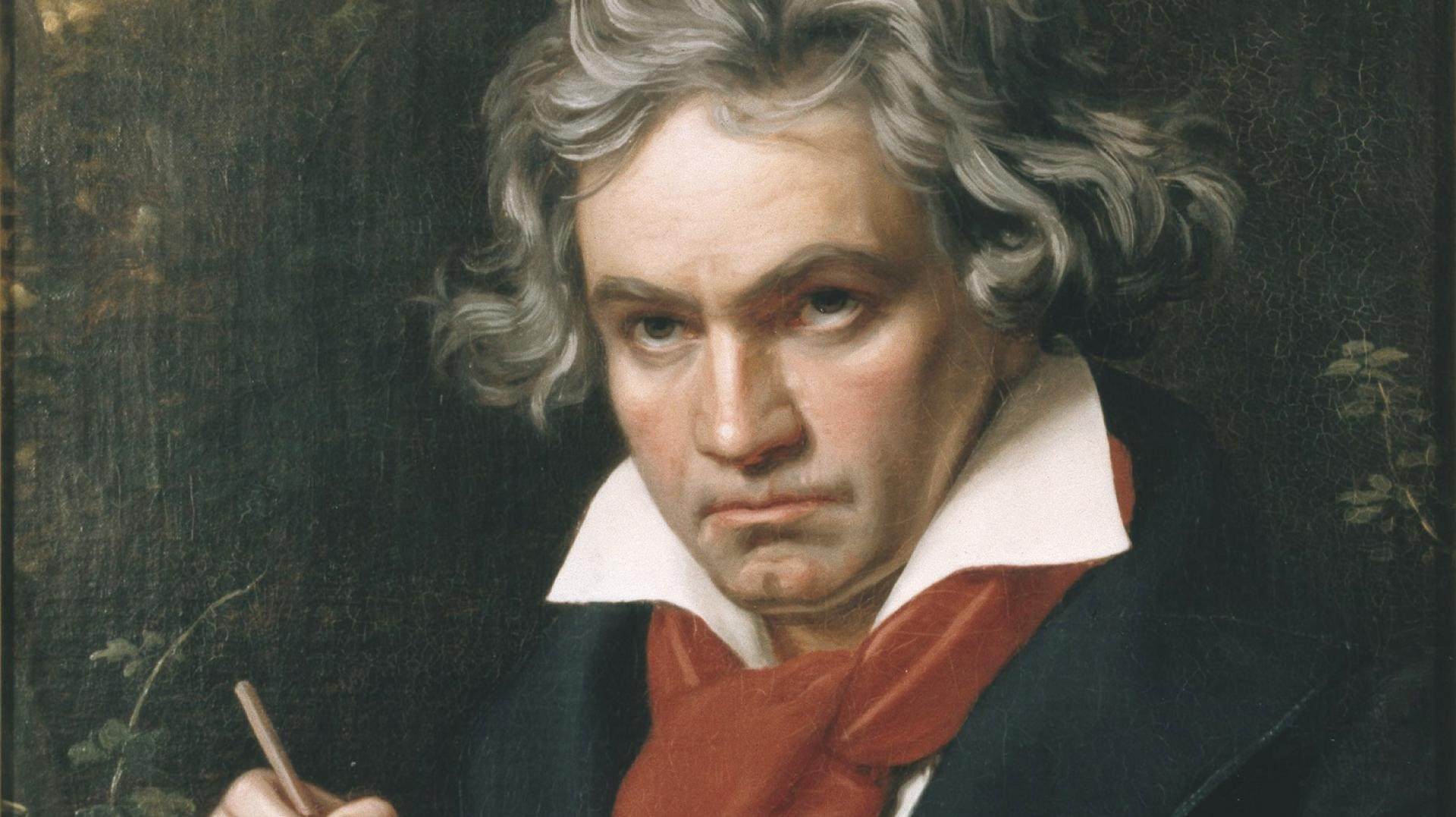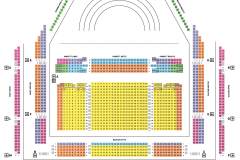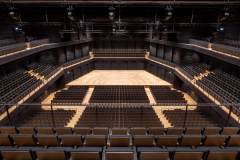Beethoven, Symphony No 9
Mo | Tu | We | Th | Fr | Sa | Su |
Joy, beautiful spark of the gods!
Munich Symphony Orchestra
The Ninth Symphony is a pinnacle in the compositional work of Ludwig van Beethoven. The magnificent choral finale with Schiller’s Ode to Joy, in which the composer used the human voice in a symphony for the first time, has become an international anthem for peace and understanding among nations. Orchestras all over the world perform the Ninth at the turn of the year, underlining its importance for international cultural dialogue.
The Munich Symphony Orchestra is proud to embrace this performance tradition. On stage, they are joined by the Munich Oratorio Choir and the Munich Concert Choir, together with four renowned soloists, to present Beethoven’s final symphony with united vocal and expressive power. Under the direction of chief conductor Joseph Bastian, Beethoven’s Ninth unfolds as a monumental celebration of sound and fire. The masterpiece will also be performed with the same cast on Easter Monday. Joy, beautiful spark of the gods!
Program and cast
Munich Symphony Orchestra
Munich Concert Choir
Munich Oratorio Choir
Lydia Teuscher, soprano
Anke Vondung, mezzo-soprano
Sung Min Song, tenor
Milan Siljanov, baritone
Joseph Bastian, conductor
Program
Beethoven: Symphony No. 9 in D minor op. 125 with final chorus on Schiller’s Ode to Joy
Isar Philharmonic
Isarphilharmonie
Munich’s most modern concert hall
Since the Isarphilharmonie opened in October 2021, it has quickly gained a reputation for its special atmosphere and excellent sound. The list of orchestras performing here reads like a veritable Who’s Who, headed by the Munich Philharmonic, the Bavarian Radio Symphony Orchestra and the Munich Chamber Orchestra. High profile concert agencies see the auditorium as the perfect place for guest appearances by national and international orchestras and it also hosts jazz productions and large-scale popular music concerts of all genres.
But the Isarphilharmonie also has another string to its bow: it can be blacked out, making it the ideal venue for film screenings – with or without orchestral accompaniment. The auditorium is equipped with a large screen and top-class cinematic sound systems.
Architecture & acoustics
The building that houses the Isarphilharmonie is a steel structure with an internal volume of nearly 60,000 cubic metres. The concert hall itself can accommodate almost 2000 guests and is made from prefabricated solid wood elements. The walls are clad with black-stained softwood panels, while the stage and floors are made from light cedar wood for a striking contrast. The Isarphilharmonie at Gasteig HP8 was built by the general contractor NÜSSLI to the plans of architects gmp – Gerkan, Marg und Partner.
The Isarphilharmonie acoustics were created by Nagata Acoustics International – the team led by star acoustician Yasuhisa Toyota – who were also involved with the construction of the Elbphilharmonie Hamburg and the Philharmonie de Paris.

 EN
EN DE
DE IT
IT FR
FR ES
ES RU
RU JP
JP RO
RO
 Seating plan
Seating plan 